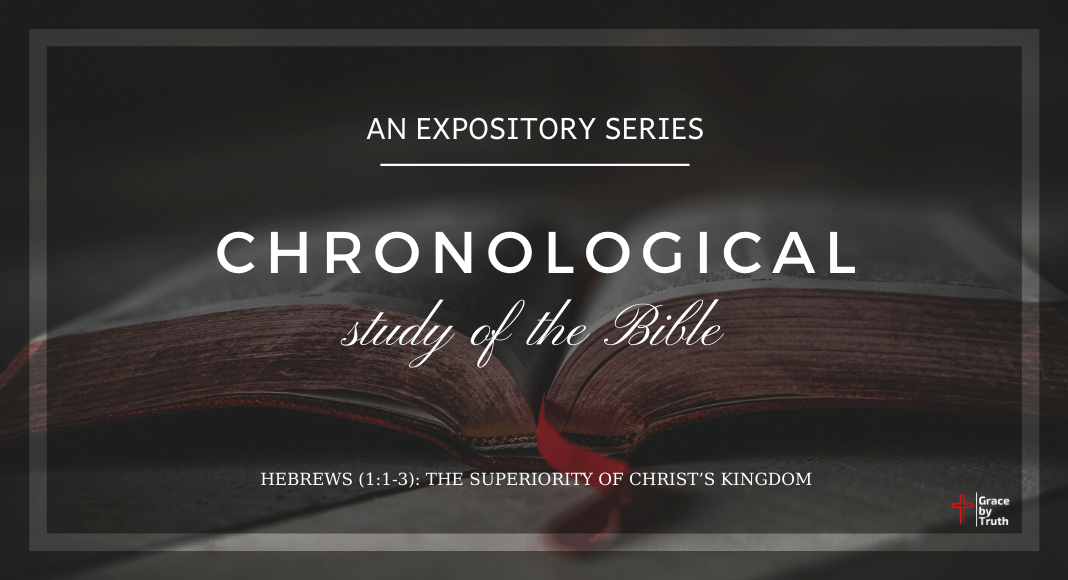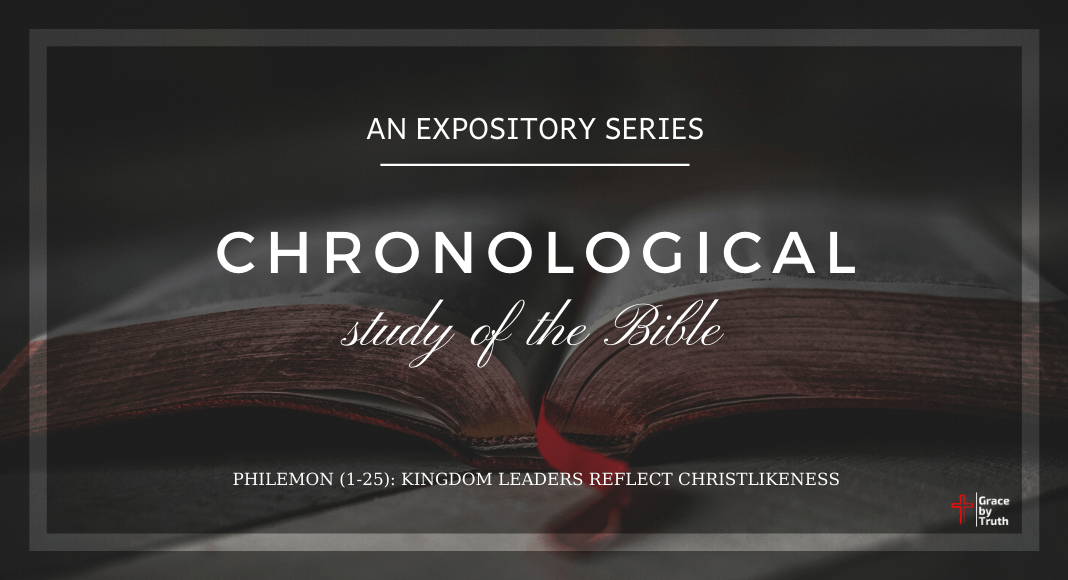Relationship of the Flesh
I have long held that “the flesh” represents the dynamic relationship between one’s body and one’s mind. To live according the flesh, then, is to live in opposition to the moral character of God/revelation of God. The philosophies of man (Col. 2:8) and his lust patterns (Ja. 1:13ff.) are dynamically linked and are expressed through the body (it would seem that at this point they are one).
Paul’s apt description of this condition is seen in Romans 8:1-11. Unfortunately, when we were regenerated by the Holy Spirit, the old data was not deleted from the hard drive! And even though we have been made alive spiritually (and thus made “compatible” with God – computers make good illustrations at times), and are indwelt by the Holy Spirit, we can still choose to obey the “old data” (in fact we can still add to it!) stored in our brains – in which also are stored our lust patterns, and which in its essence stands in opposition to God.
“Therefore, there is now no condemnation for those who are in Christ Jesus, because through Christ Jesus the law of the Spirit who gives life has set you free from the law of sin and death. For what the law was powerless to do because it was weakened by the flesh, God did by sending his own Son in the likeness of sinful flesh to be a sin offering. And so he condemned sin in the flesh, in order that the righteous requirement of the law might be fully met in us, who do not live according to the flesh but according to the Spirit.
Those who live according to the flesh have their minds set on what the flesh desires; but those who live in accordance with the Spirit have their minds set on what the Spirit desires. The mind governed by the flesh is death, but the mind governed by the Spirit is life and peace. The mind governed by the flesh is hostile to God; it does not submit to God’s law, nor can it do so. Those who are in the realm of the flesh cannot please God.
You, however, are not in the realm of the flesh but are in the realm of the Spirit, if indeed the Spirit of God lives in you. And if anyone does not have the Spirit of Christ, they do not belong to Christ. But if Christ is in you, then even though your body is subject to death because of sin, the Spirit gives life because of righteousness. And if the Spirit of him who raised Jesus from the dead is living in you, he who raised Christ from the dead will also give life to your mortal bodies because of his Spirit who lives in you.” – Romans 8:1-11
Therefore, sin in any form is evidence of the flesh. It may be “gutter stuff” or it may be “religious stuff”, but it is always in opposition to God. Take the people (believer or unbeliever) who have formed their concept of God mostly, if not entirely, apart from the Scriptures. They neither fear nor hate their god – he is theirs. But when the essence and works of the God of the Bible are taught, their hatred for Him becomes evident.
“Pure Bible preaching is very discriminating. You can tell Cain from Abel when sacrifice is the subject; Jacob from Esau when love is the topic; and Daniel from Nebuchadnezzar when sovereignty is the thought of investigation. The sacrifice of Jesus Christ discriminates between the gospel of redemption and the social gospel. When the vicariousness of Christ’s death is preached, everything in natural man is condemned. His self-love, self-righteousness, and self-justification are discovered and condemned. This is something the unregenerate man despises; it does something to his unbelieving ego, and he begins to rebel” (Regeneration and Conversion, W. E. Best, p. 39).
What Does it All Mean?
The term “flesh” applies as much to the pious churchman as it does to the pagan unbeliever – although the manifestations will mostly be decidedly different. Over the years I have resisted referring to “the flesh” as one’s “sin nature.” The Bible doesn’t do that; and when that equation is made, it is often construed in such a way so as to seriously limit (if not remove) one’s personal responsibility for their thinking and behavior. In addition, “the flesh” mostly is taught to relate to “non-religious” sinful expressions (Gal. 5:19-21 – although several items in the list it relates to religious things). If we are not careful, we as pastors and teachers will be in danger of straining at the sinful gnat, and swallowing the religious camel.
ABOUT
Grace by Truth is known for delivering the precise and deep study of biblical truth in service to each other and the church.
CONTACT
CURRENT STUDY
MORE TOPICAL ARTICLES
The Passion Week
Jesus arrived in Bethany six days before the Passover (Jn. 12:1), the Saturday before the Passion Week. That evening, Jesus was anointed at Simon the Leper’s house (Matt. 26:6-13; Mk. 14:3-9, Jn. 12:1-8). On the next day, Sunday, there was a great crowd that came to...
Don’t Be a Clampett Christian
Don't Be a Clampett Christian - Sermon on James 2:14-26 “Come and listen to my story about a man named Jed. The poor mountaineer barely kept his family fed. And then one day he was shooting at some food when up through the ground came a bubbling crude, oil that is,...






